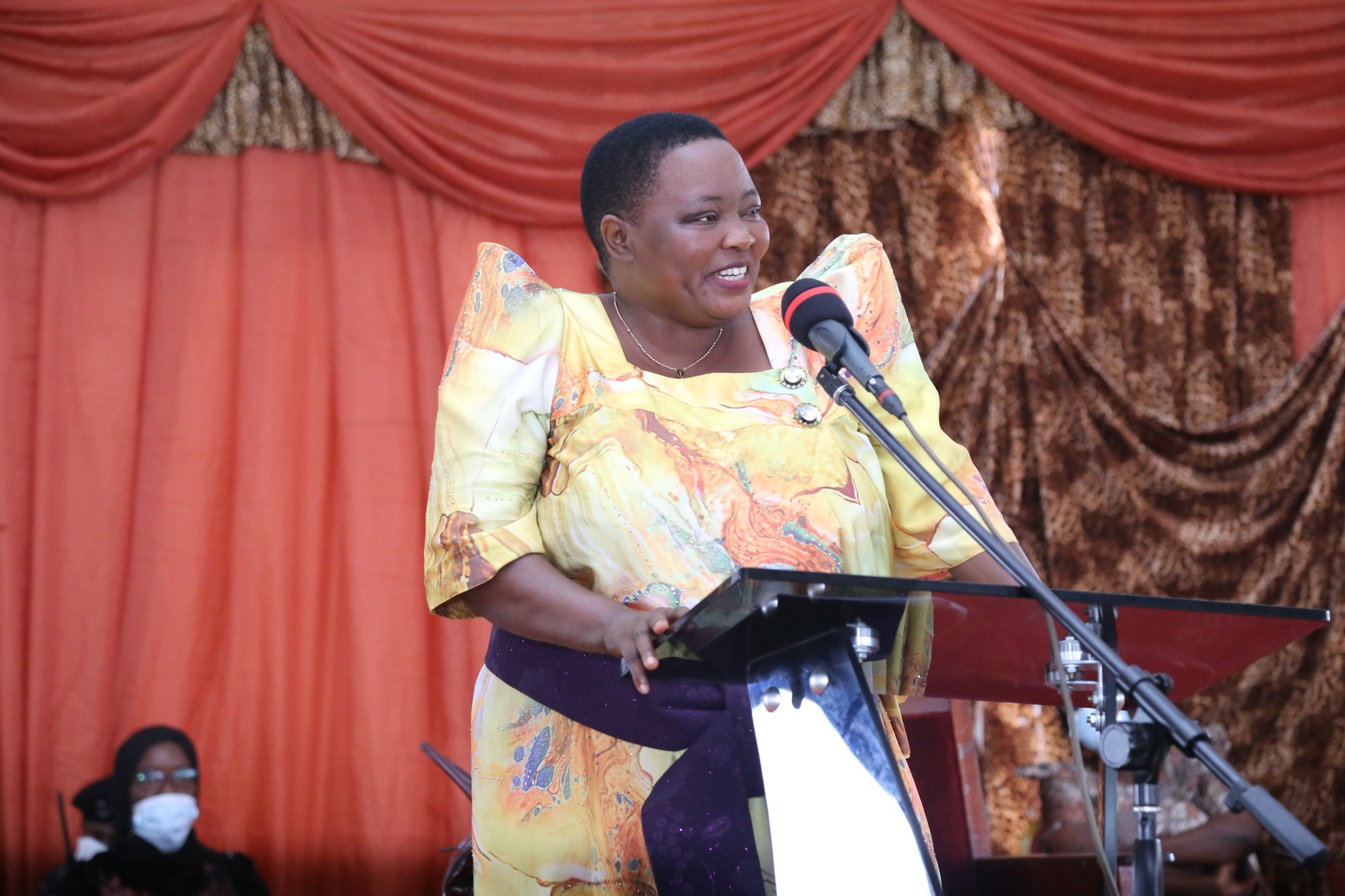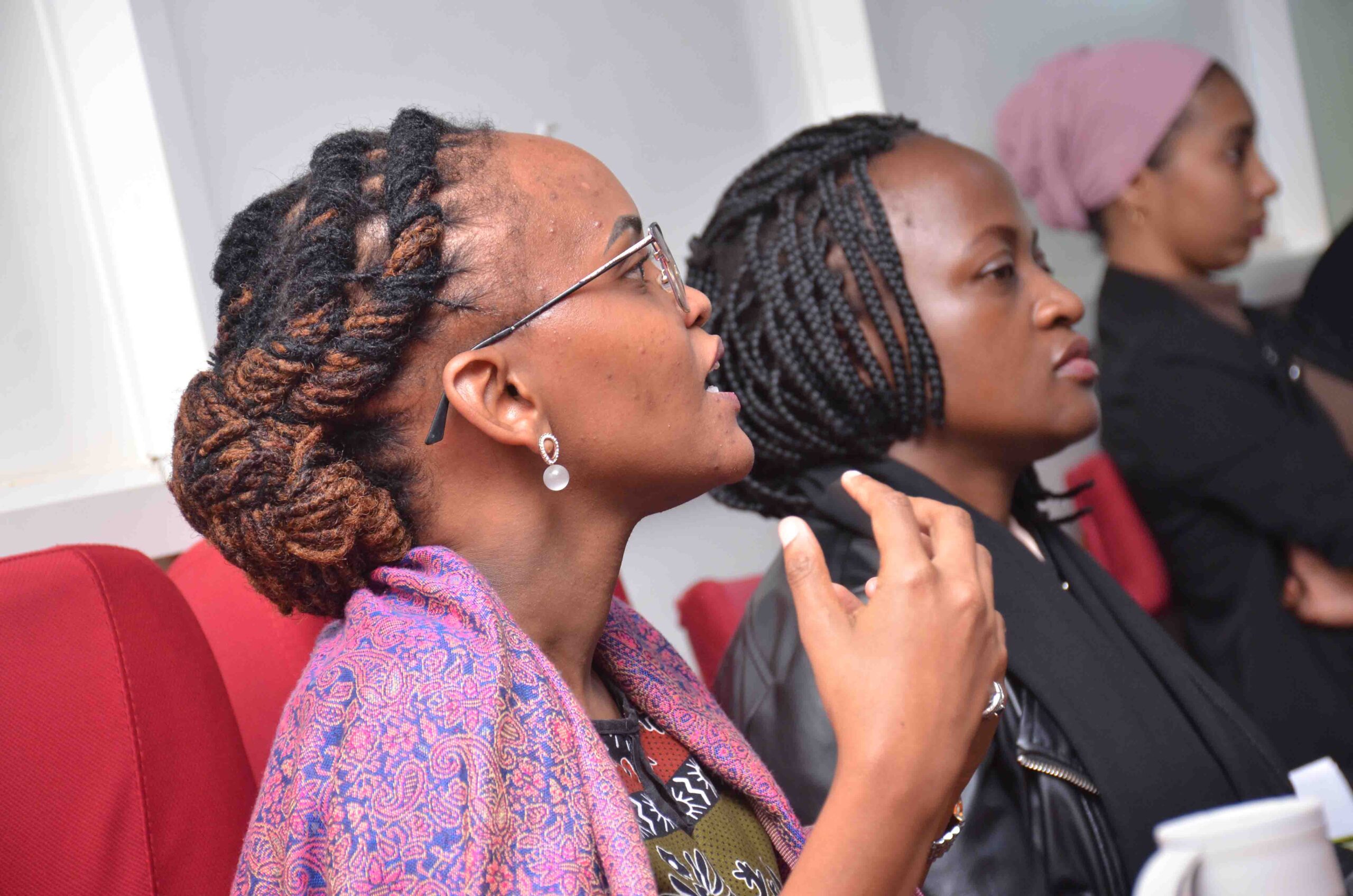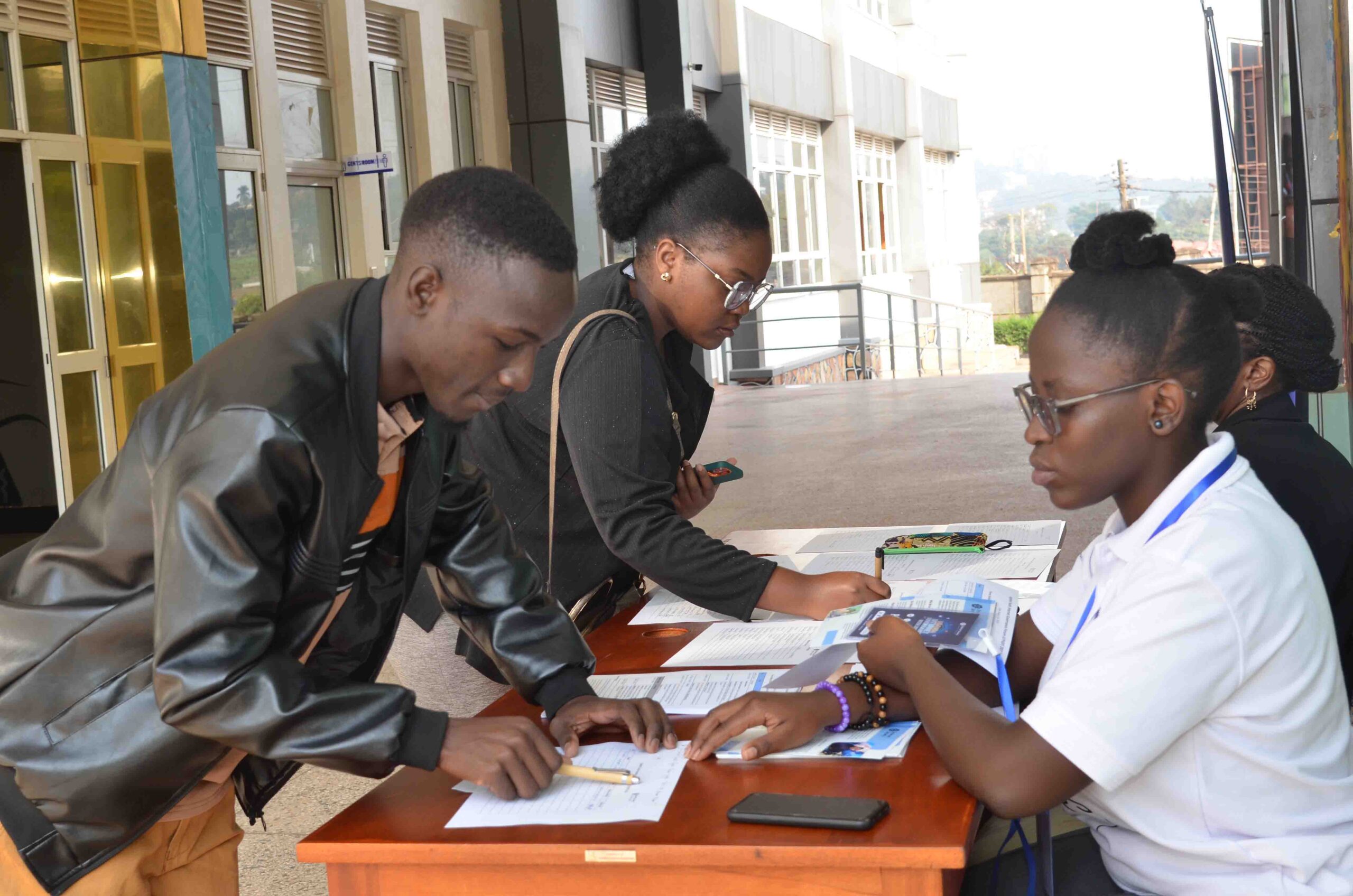Consultative Paper on Economic Development for Women in Uganda
Prepared by:
- Titus Busonga, Economic Development & Policy Consultant
- Mary Kasolo, Gender Equality Specialist
- Joan Kitonsa, Social Policy Analyst
Executive Summary
This consultative paper presents comprehensive policy recommendations for the economic development of women in Uganda. Conducted by Titus Busonga, Mary Kasolo, and Joan Kitonsa, this study involved extensive consultations with stakeholders, including women entrepreneurs, government officials, non-governmental organizations, and financial institutions. The recommendations aim to address barriers to women’s economic empowerment and propose actionable strategies to enhance their participation in Uganda’s economy.
Introduction
Economic empowerment of women is essential for sustainable development and poverty reduction. Despite significant progress, women in Uganda face numerous challenges that hinder their full economic participation. This paper identifies key barriers and proposes policy recommendations to foster an enabling environment for women’s economic empowerment.
Methodology
The consultative process included:
- Stakeholder Meetings: Conducted with women entrepreneurs, policymakers, NGOs, and financial institutions.
- Surveys and Interviews: Collected data from over 500 women across urban and rural areas.
- Literature Review: Analyzed existing reports, including UBOS and GEM studies, to gather relevant statistics and insights.
Findings
- Access to Finance: Women entrepreneurs face difficulties in accessing capital due to lack of collateral and high-interest rates.
- Legal and Regulatory Barriers: Complex business registration processes and restrictive property rights limit women’s economic activities.
- Education and Skills Gaps: Insufficient vocational training and financial literacy programs hinder women’s ability to manage and grow their businesses.
- Market Access Challenges: Limited market access and bargaining power reduce women’s business profitability.
- Digital Divide: Lack of access to digital tools and skills impedes women’s participation in the digital economy.
- Work-Life Balance: Inadequate childcare services and rigid working conditions limit women’s economic engagement.
- Underrepresentation: Women are underrepresented in leadership and decision-making positions.
- Social Safety Nets: Weak social protection systems increase women’s vulnerability to economic shocks.
Policy Recommendations
1. Enhance Access to Finance
- Expand Microfinance Programs: Increase funding for microfinance institutions targeting women entrepreneurs, particularly in rural areas.
- Subsidized Loans and Grants: Provide subsidized loans and grants specifically for women-led businesses.
2. Strengthen Legal and Regulatory Frameworks
- Reform Property Rights: Ensure women can own and inherit property to use as collateral for business loans.
- Simplify Business Registration: Streamline the process for registering businesses and obtaining licenses.
3. Improve Education and Skills Development
- Vocational Training Programs: Invest in vocational training for women in high-demand industries.
- Financial Literacy Education: Integrate financial literacy into curricula and offer community-based programs.
4. Enhance Market Access
- Support Women’s Cooperatives: Facilitate the formation and support of women’s cooperatives.
- Trade Fairs and Expos: Organize events to connect women-led businesses with buyers and investors.
5. Promote Digital Inclusion
- Access to Technology: Provide subsidies or grants for digital tools and technology.
- Digital Literacy Training: Offer training in digital skills, including e-commerce and digital financial services.
6. Support Work-Life Balance
- Childcare Services: Invest in affordable and accessible childcare.
- Flexible Working Arrangements: Encourage businesses to adopt flexible working conditions.
7. Increase Representation and Leadership
- Quotas for Leadership Positions: Implement quotas for women in leadership roles.
- Mentorship Programs: Establish mentorship programs linking women with business leaders.
8. Strengthen Social Safety Nets
- Social Protection Programs: Enhance health insurance and unemployment benefits.
- Emergency Fund Access: Create emergency funds for women entrepreneurs.
9. Enhance Data Collection and Monitoring
- Gender-Disaggregated Data: Collect and analyze data on economic activities and business performance by gender.
- Impact Assessment: Regularly assess the impact of policies on women’s economic empowerment.
10. Foster Public-Private Partnerships
- Collaborative Initiatives: Encourage collaboration between government, private sector, and NGOs.
- Corporate Social Responsibility: Promote CSR initiatives focused on women’s economic empowerment.
Implementation Strategies
- Inclusive Policy Design: Involve women from diverse backgrounds in policy-making processes.
- Capacity Building: Provide training for local government officials on policy implementation.
- Awareness Campaigns: Educate the public and stakeholders on the importance of women’s economic empowerment.
Conclusion
Adopting these policy recommendations will create a more inclusive and equitable economic environment for women in Uganda. Enhanced access to finance, education, technology, and market opportunities, along with supportive legal frameworks and social safety nets, will drive significant progress towards gender equality and economic growth. The collaborative efforts of all stakeholders are crucial to achieving these goals and ensuring sustainable development.
For further information and detailed findings, please contact: pni.info@efiug.org



